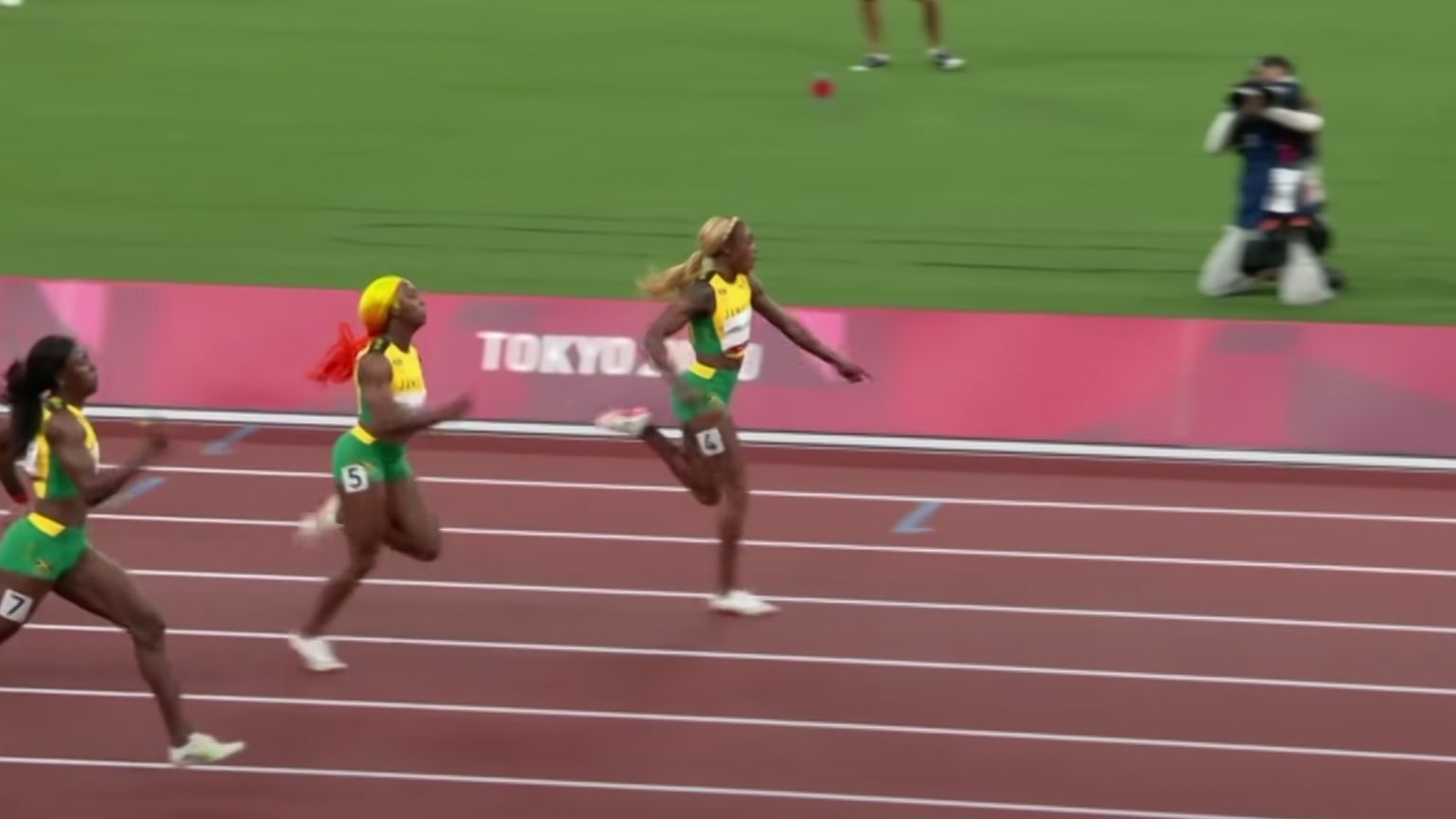Instagram suspended Jamaican sprinter Elaine Thompson-Herah after she posted videos celebrating her victories in the ongoing Tokyo Olympics. Thompson-Herah won gold in both the 100m and 200m races.
Soon after Thompson-Herah posted the videos, which contained some footage of the races, she discovered she could not access her Instagram account.
“I was blocked on Instagram for posting the races of the Olympics because I did not own the right to do so. So see y’all in 2 days,” she wrote on Twitter. The “2 days” was in reference to the 4 by 100m relay race that could give her a chance to win her third gold medal.
She was back on Instagram after a few hours.
The videos were removed because the International Olympics Committee (IOC) owns intellectual property rights to all the footage of the games and strictly enforces those rights. They say only the Rights Holding Broadcasters (RHBs) are supposed to share footage of the games.
“This includes distribution on social media, where athletes are invited to share the content provided by the RHBs on their accounts but cannot post competition content natively. Should that occur, the removal of such content from social media platforms happens automatically,” the IOC told Reuters.
The IOC claimed that enforcing its exclusive rights to the games enables it to redistribute as much money as possible back into the sports.
“The income from the sales of the broadcasting rights is an important element in the financing of the Olympic movement and helps building the Olympic stage on which athletes can shine,” it said.
“The IOC redistributes more than 90 per cent of its income to the wider sporting movement, which means that every day the equivalent of $3.4m goes to help athletes and sports organisations at all levels around the world.”
From the broadcasting rights of the Winter 2018 Olympics and Summer 2020 Olympics alone, the IOC netted $4 billion.













